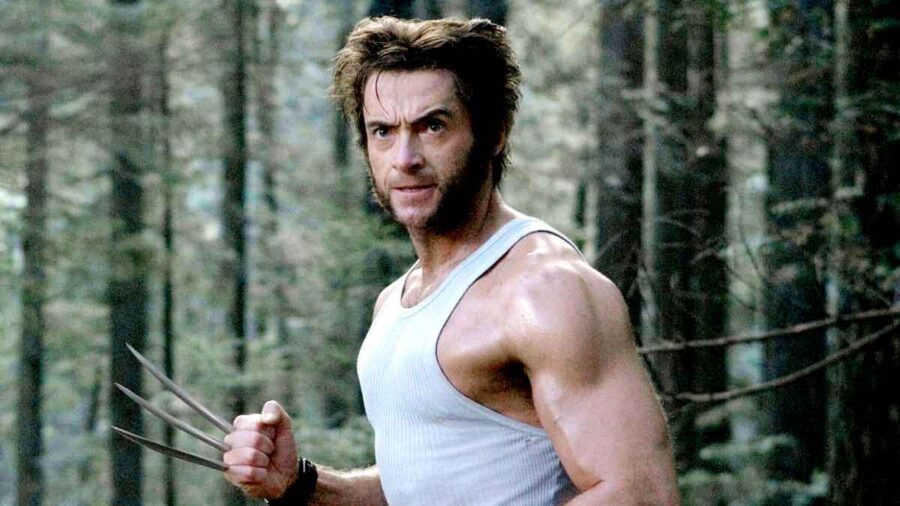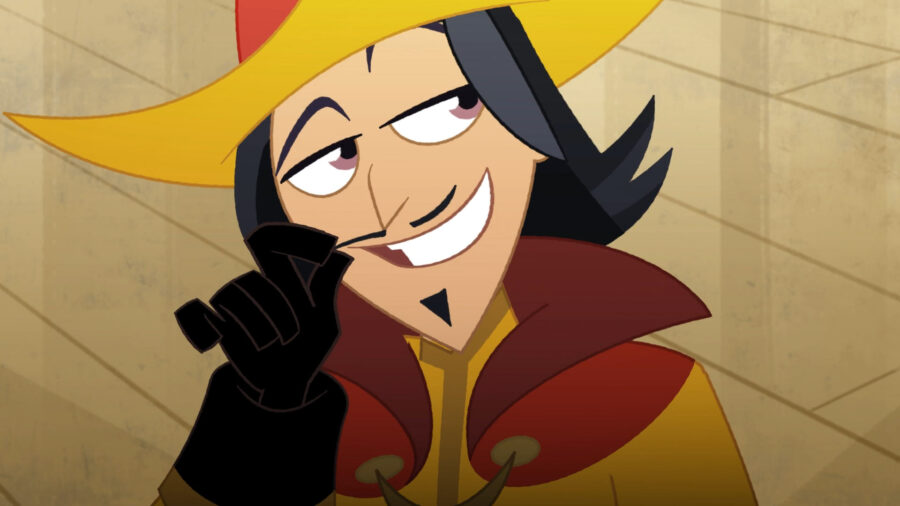Russia Is Trying To Clone Ancient Super Soldiers
Is cloning the best way to raise an army? A Russian leader has proposed they test the idea out.
This article is more than 2 years old

What if we cloned 3,000-year-old soldiers and created a super army to defend Russia? This sounds like a question you ask at a barbecue after you’ve had a couple of drinks. However, this is an idea that Sergei Shoigu, the Minister of Defence of the Russian Federation and a close ally of President Putin, brought up at a recent meeting of the Russian Geographical Society. And honestly, Sergei Shoigu looks like a pretty serious person, so surprisingly, no one thinks he’s kidding when he says this.
There are a lot of questions to explore following a statement like that. A very good one is why the Minister of Defence of the Russian Federation feels that Russia needs a super army, but that’s also a deeply disturbing and political question. Another question might be how he came up with this bold idea. Was he watching Orphan Black? Listening to Nellie McKay? Has he been watching Star Wars: The Clone Wars? Many are inspired to step off into all kinds of strange projects in the name of fandom. Is cloning an army of 3,000-year-old Scythian warriors maybe going a little too far? Eh, do not judge the fandom, lest it judge you.

Let’s put a pin in the moral questions that come along with creating human clones in order to DNA-design your own army. We’ll also shelve questions about how long that would actually take, since figuring out how to clone a human and then producing an army may take a generation or two, and that raises a lot of other curiosities with this super-army plan. Trying to guess what this very important politician is thinking could take the rest of our lives.
Instead, let’s ask some questions about how strong this army would even be. Would you actually have a super-army? One that’s better than other military forces created with humans made the old-fashioned way? Yes, the Scythian people had a powerful military force. During their time, these warriors were part of a long-standing empire. Their legacy is impressive.
If we could resurrect these exact warriors, who conquered so much 3,000 years ago, there’s no telling how they’d stand up against other military powers today. Combat has changed. How well would they adapt to today’s military technology? This is the kind of question that gets brought up in a Marvel What If…? episode. What if Captain America fought White Skull? What if the Scythian warriors from 3,000 years ago fought the North Vietnamese Army? We can sit around and have drinks and talk about this forever. Most of us don’t run governments though, so there are fewer consequences when we throw around ideas like “What if we cloned an ancient army?” or “Could we make Wolverine happen?”. (No one let this guy watch X-Men or we might really have a problem on our hands.)

Meanwhile, the possibility of human cloning is still just as theoretical. We cloned Dolly the sheep in 1996. Sometimes people claim we’ve cloned human embryos because it seems like we should have by now, but there is no evidence that’s true. Theoretically, it’s possible, we just haven’t done it. A lot of this comes around to the human ethics questions of it all. But again, we’re ignoring that question for now. We’re looking at whether you’d really get a super army, right?
If we could resurrect the soldiers directly, we don’t know how they would stand up against today’s militaries and if they’d be worth the effort of pulling a people straight out of ancient history. If we cloned them instead, would we have an army capable of everything the Scythian warriors managed 3,000 years ago? How much of what makes a great soldier who they are comes down to DNA and how much comes down to cultural training and community?
This idea sounds like something out of a movie, and that script feels pretty easy to write. These cloned soldiers would be raised in a government facility, not have the same human rights as those born by other means, be considered government property, and possibly raised without names. This doesn’t go well in the movies. No one wants to see it attempted in real life. We’d sign on for cloning dinosaurs first. Jurassic Park seemed pretty cool before everyone died. There’s no part of the story of “cloning humans to turn them into super soldiers” that actually sounds like a fun time for anyone involved, except maybe for the guy twirling his mustache in the corner watching all the awful unfold.

Cloning an ancient army? Probably not an effective way to take over the world. But if we’re looking at science and assisted reproduction techniques for creating a super army, we do have better technology for that with genome editing. Instead of directly cloning 3,000-year-old soldiers, we could edit genomes to create humans with a little something extra. Experts don’t actually think there’s much of a conversation to be had about whether this is possible. They consider it to be so. Instead, the question comes back around to those moral and ethical issues that we have to shelve in order to talk about the scientific possibilities here.
A few years ago, reports broke out that China was working on genome editing to create super soldiers. They denied it, but more and more reports claimed it to be so. Following this discovery, a molecular geneticist from the University College London named Dr Helen O’Neill was interviewed by BBC. She said, “The technologies – of genome editing and its combination with assisted reproduction – are becoming routine practices in transgenics and agriculture, it’s just the combination of the two for human use that is seen as unethical at the moment.”
The way she says “at the moment” at the end there is some creepy foreshadowing. It sounds like the found footage interview with a scientist that they play at the beginning of a post-apocalyptic movie.

So where does that leave us with the Russian super-army of cloned ancient warriors? Hopefully, he watches a new movie and gets a new idea soon. Or someone familiar with the international code of medical ethics comes up with another suggestion.













